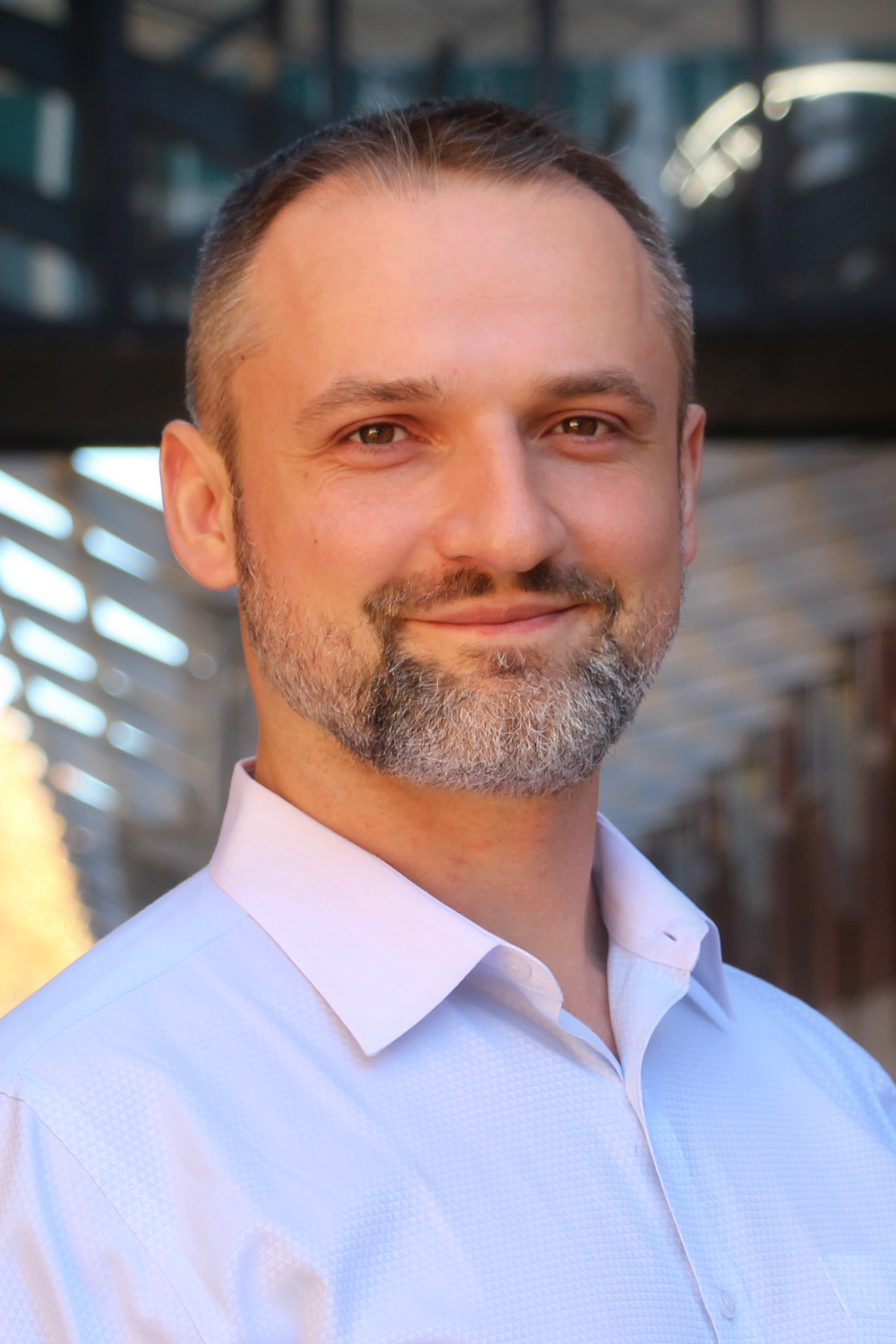
10:10 am
322 Fryklund Hall
Abstract
Surgical robots enjoy widespread adoption. This provides opportunities to augment the art of surgery with more rigorous, quantitative science, giving rise to the field of computational surgery. Such opportunities may help tackle long-standing challenges in healthcare like the prevalence of human error. This talk will focus on two related research problems. First, how do we quantify and improve the existing technical skills of a surgeon? This requires a method whose scores correlate with patient outcomes, that can scale to cope with 51 million annual surgeries in the United States, and that can generalize across the diversity surgical procedures or specialties. One solution comes from an unexpected source: crowds of non-expert raters. Second, how can robotic tools render surgical tasks fundamentally easier, perhaps making errors unlikely or impossible in the first place? This will briefly survey topics like policy-blended human-robot shared control to ensure safety in robotic tissue grasping; novel patient-specific catheter robots that safely remove plaque via inverse design of soft robots and a theranostic excimer laser; and robotic 3D bioprinting directly onto moving human anatomy to explore new reconstructive procedures.
Bio
Dr. Kowalewski completed his PhD in electrical engineering at the University of Washington’s Biorobotics Lab. Based on his surgical skill evaluation research, he co-founded CSATS Inc. which was acquired by Johnson & Johnson in April 2018. Dr. Kowalewski is currently an assistant professor in Mechanical Engineering at the University of Minnesota where he runs the Medical Robotics and Devices Lab.
